Carbon Recycling International and Johnson Matthey collaborate on sustainable methanol
Green Car Congress
OCTOBER 21, 2021
Carbon Recycling International (CRI) and Johnson Matthey (JM) have agreed on a long-term exclusive catalyst supply agreement for the use of JM’s KATALCO methanol catalysts in CRI’s Emissions-To-Liquids (ETL) CO 2 -to-methanol plants. Conventional methanol production involves fossil feedstocks such as natural gas or coal.

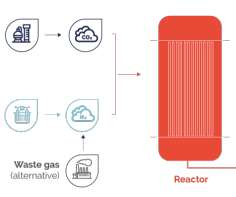
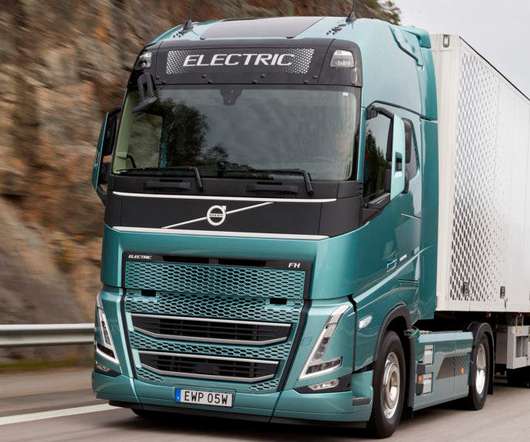




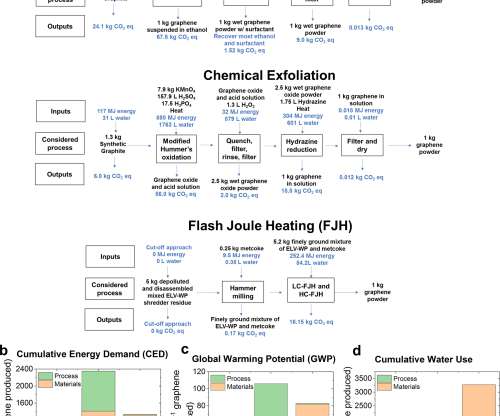








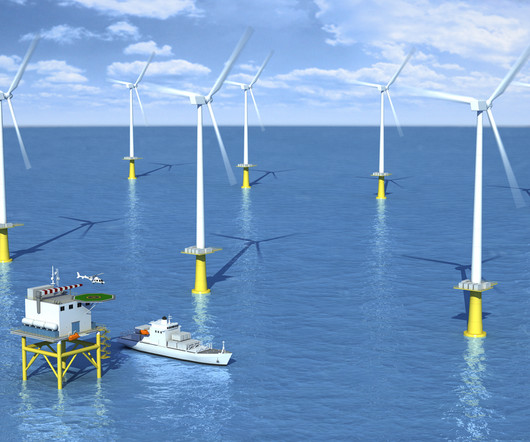



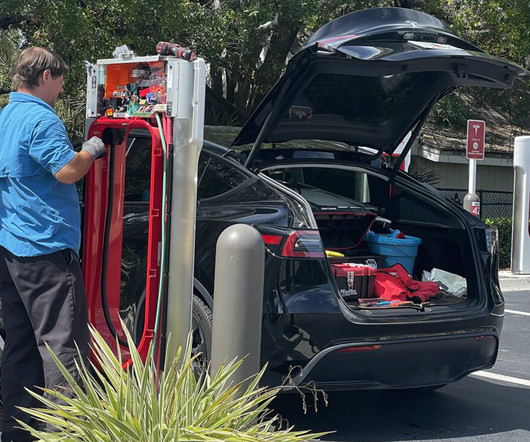




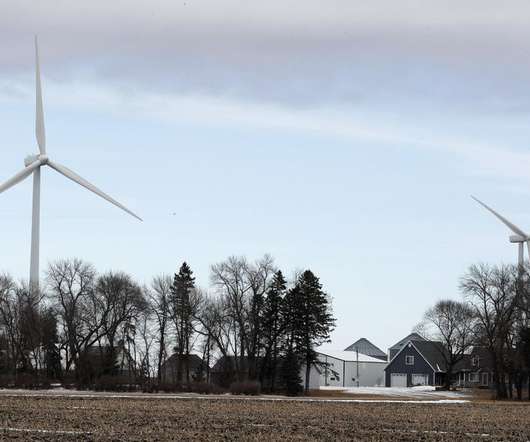














Let's personalize your content